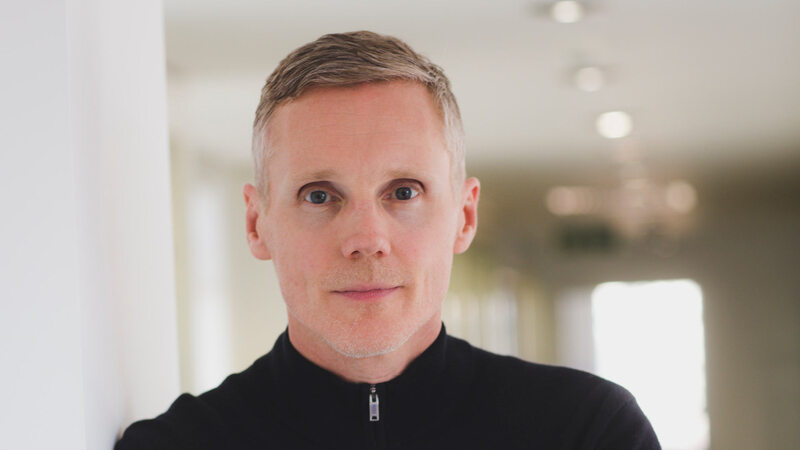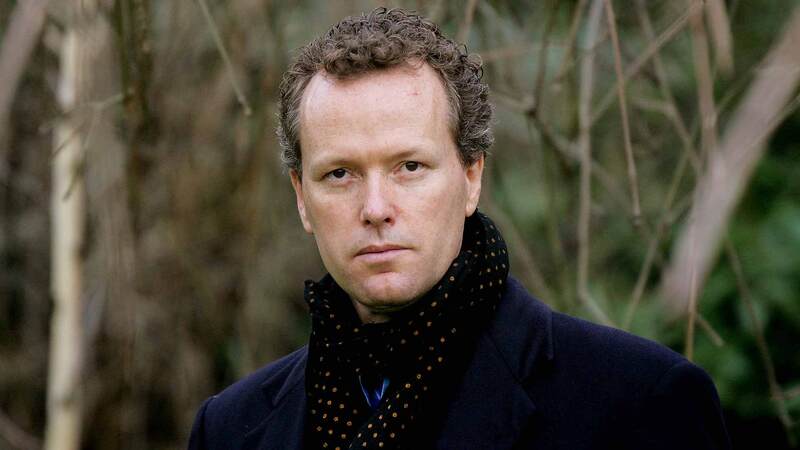You are viewing your 1 free article this month. Login to read more articles.
Confessions of a self-proclaimed failure
Why does publishing success so often feel like the opposite?
Last month marked two years since my debut novel, Good Intentions, was published. That first year, I spent doing a lot of press for it, far more than I thought I would get. That has been the story of my publication journey – more publishers wanted it than I thought would (five instead of none); I received more of an advance than I thought I would get (six figures instead of four); I received more foreign rights deals (one instead of zero); I received more quotes from authors (several instead of nothing); I was reviewed in more places (more than zero).
Yet, I have spent the better part of the last two years filled with intense feelings of shame and embarrassment. I feel, in a single word, like a failure.
Why, my friends ask, and I understand their confusion. My book was read and quoted for by authors I really like; it was reviewed well in places I never imagined it would be; I was asked to talk at places I never thought I would ever be invited to; I was published by a publisher I love and an editor who I deeply respect. These are great things, and there’s been a lot of enjoyment in those moments, in talking to readers who have liked the book, in getting early copies of brilliant authors’ works and seeing my name and words on their hardbacks, in simply feeling like part of something. But the shame is still there, buried underneath everything else.
Is it because you think you could write it better now, one friend asks me. Yes, I say. In reading the book back, I have squirmed with embarrassment, wanting so desperately to change things, move things around, completely rewrite the entire thing. But, my friend says, isn’t that true of all authors, doesn’t Zadie Smith hate her first novel (I can confirm this is true: she told me she didn’t think much of the novel at an event I saw her at). Sure, I say, but that doesn’t stop these feelings.
I am terrified, to my very bones, that I am a nothing-person, standing on street corners, shilling my wares, hoping, desperately, that someone will pay me some attention
Is it because it didn’t sell enough, another friend asks me. Yes, I say, and what’s worse is that I know, precisely, how many copies my book sold. I work in publishing after all, all the data I could ever want on my book is at my fingertips, every day that I sit at my desk and work on other books. Not just that, but I know precisely how many more copies other people have sold. That debut author that published at the same time as me, yes, they sold more than me; that author that published a similar book as mine, yes; that author, yes; that author, yes; that author, yes, yes, yes. The line of authors who have sold more than me is endless. But isn’t that true of many authors, my friend asks, don’t most of them not earn out their advances. Yes, I say, but that doesn’t stop the shame.
Is it because I wasn’t shortlisted, longlisted, nominated, won any awards, another friend asks me. Yes, I say, and though now I sit back and think that my book is no good, I still can’t help but feel that shouldn’t it have been longlisted for something, shouldn’t it have gone somewhere, been something. But isn’t that true of many authors, my friend asks. Yes, I say, but that doesn’t stop the turmoil.
Is it because I’m scared that I will die a cultural death, another friend asks me. Yes, I say, because even though I have a two-book deal, which means another book is coming, has to come, has been paid to come, I am terrified, to my very bones, that I am a nothing-person, standing on street corners, shilling my wares, hoping, desperately, that someone will pay me some attention. But there are authors who have had debuts that flopped and then went on to do extraordinary things, my friend says. Sure, I say, but how can I ever know that will be me?
Is it because you’re worried that people at work will see you as the editor that tried and failed, another friend asks me. Yes, I say, because this too is true. Agents I have worked with have talked about my book to me without my ever mentioning it. Authors have asked me how the second book is going. Other editors have come up to me at events to say they know of the book. Each interaction twists my stomach. I wish, in those moments, to simply stop existing. But there are other people who work in publishing who have published, my friend says. Yes, I say, but that means nothing to me.
Two years on, and I cannot bear to look at the book. When a new friend read it recently and told me he liked it, more than he thought he would, that he was looking forward to the second one, I told him I was thankful he had but I couldn’t bear to speak about it any longer. I have hidden the copies in my flat, too ashamed to take them to a charity shop for fear that they will know it is me that has authored it, too embarrassed to give them away online for fear that no one will want them. I pretend they are not there.
At this moment in time, I have rewritten my second book four times. My editor and agent, both of whom give me more time and space than I feel I deserve, are supportive of these rewrites. I do not know if it is a good book. I no longer know if anything I write is good. My shame leaks out of me at every opportunity.
Yet, still I write, because it means so much to me.
I have no idea what the future looks like. Who of us do, really. The second book might succeed in all the ways I think my first did not. It might bomb even harder than my first. I may go on to win every award I can think of. I may go on to publish nothing else.
Yet still I write, in the vainglorious hope that maybe, one day, I will become a something-person.




















